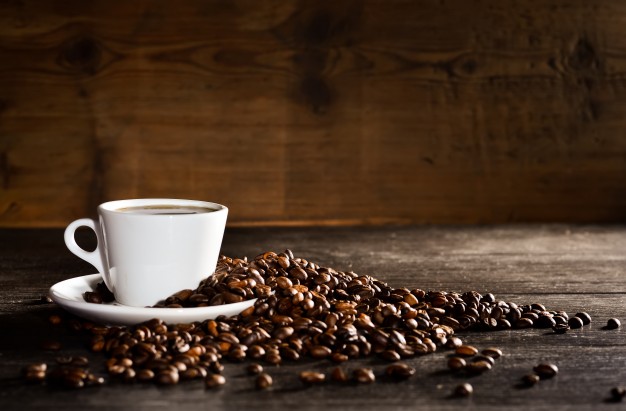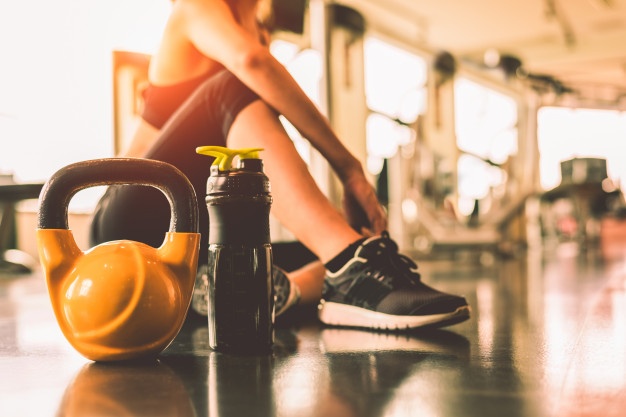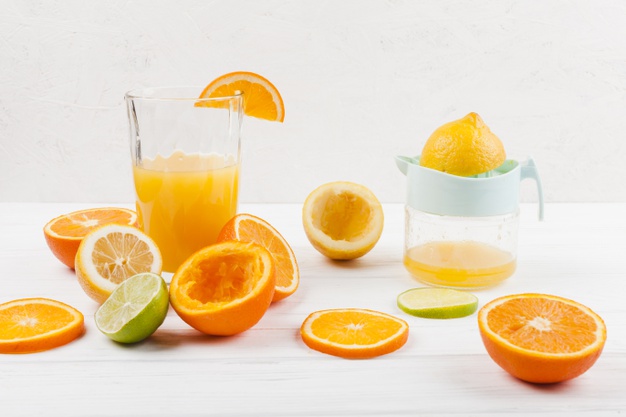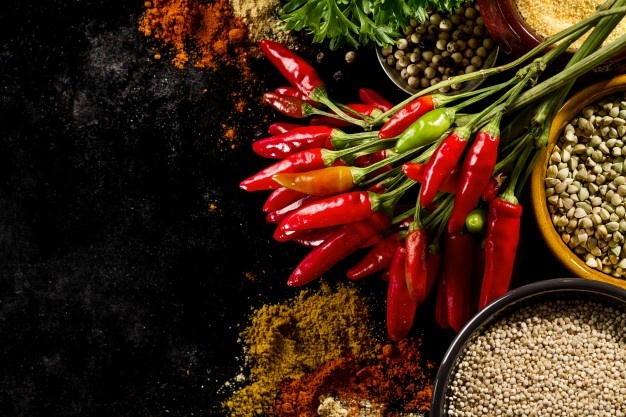Your stomach isn’t just a digestive organ—it’s a delicate ecosystem that influences energy, mood, and long-term health. While intermittent fasting and skipping meals have gained popularity, certain every day habits can backfire when practiced on an empty stomach. From triggering acid reflux to sabotaging your grocery list, these activities can lead to discomfort, nutrient imbalances, or even chronic conditions.
In this guide, we’ll explore seven common mistakes people make on an empty stomach, backed by scientific insights and expert advice. More importantly, you’ll learn practical, healthier alternatives to stay energized and avoid unnecessary health risks. Let’s dive into the details.
Things Should Never Do On An Empty Stomach
Drinking Coffee or Strong Tea First Thing in the Morning

Starting your day with a cup of coffee or black tea might feel like a ritual, but doing this on an empty stomach can wreak havoc on your digestive system. Caffeine stimulates the production of gastric acid, which, without food to digest, can irritate the stomach lining. Over time, this may lead to acid reflux, heartburn, or even gastritis. Additionally, caffeine’s diuretic effect can dehydrate you, exacerbating morning fatigue rather than curing it.
What to Do Instead:
- Pair your coffee or tea with a small, balanced snack like whole-grain toast with almond butter or a handful of nuts.
- Opt for herbal teas like ginger or chamomile, which are gentler on the stomach and offer anti-inflammatory benefits.
- If you’re fasting, wait at least 30–60 minutes after waking before consuming caffeine to allow your cortisol levels to stabilize naturally.
Engaging in High-Intensity Exercise

While fasted cardio is often touted for fat loss, pushing your body through a vigorous workout without fuel can backfire. On an empty stomach, your glycogen stores are depleted, forcing your body to break down muscle tissue for energy. This can lead to dizziness, nausea, or even fainting due to low blood sugar. Over time, it may reduce muscle mass and slow your metabolism.
What to Do Instead:
- Eat a light, carbohydrate-rich snack 20–30 minutes before exercising. A banana, oatmeal, or a slice of sourdough bread provides quick energy without causing bloating.
- If you prefer fasting, stick to low-intensity activities like yoga or walking, which rely less on glycogen reserves.
- Post-workout, prioritize protein (e.g., Greek yogurt or a smoothie) to repair muscles and replenish energy.
Taking NSAIDs or Certain Medications
Pain relievers like aspirin, ibuprofen, and antibiotics are notorious for causing stomach irritation. When taken without food, these medications can erode the stomach lining, increasing the risk of ulcers or internal bleeding. Iron supplements are another culprit—they’re best absorbed with food but can cause nausea or constipation on an empty stomach.
What to Do Instead:
- Always read medication labels for instructions. If “take with food” is recommended, pair pills with a small meal like crackers and cheese or a rice cake.
- For unavoidable fasted medication (e.g., thyroid pills), wait at least 30 minutes before eating to ensure proper absorption.
- Consult your doctor about alternatives like enteric-coated aspirin, which is less harsh on the stomach.
4. Chewing Gum for Extended Periods

Chewing gum might seem harmless, but it sends signals to your brain that food is incoming. This triggers the release of digestive enzymes and stomach acid, which, with no food to process, can lead to bloating, cramps, or acid reflux. Sugar-free gums often contain artificial sweeteners like sorbitol, which may worsen digestive discomfort.
What to Do Instead:
- Limit gum chewing to 10–15 minutes after meals to freshen breath or curb sugar cravings.
- Try natural breath fresheners like mint leaves, fennel seeds, or a quick brush with baking soda.
- Stay hydrated—thirst is often mistaken for hunger or the urge to chew.
3. Drinking Citrus Juices or Lemon Water

While lemon water is a popular detox remedy, the high acidity of citrus juices can erode tooth enamel and irritate the esophagus, especially on an empty stomach. For those with gastroesophageal reflux disease (GERD), this habit can trigger painful flare-ups.
What to Do Instead:
- Dilute citrus juices with water in a 1:3 ratio to reduce acidity.
- Opt for alkaline beverages like coconut water, aloe vera juice, or plain water with a pinch of Himalayan salt for electrolytes.
- If you’re fasting, wait until mid-morning to consume acidic drinks, when your stomach is less sensitive.
2. Grocery Shopping Without Eating First
Hunger is the ultimate shopping saboteur. Studies show that people who grocery shop on an empty stomach buy 25–64% more high-calorie, processed foods than those who eat beforehand. This not strains your budget but also derails healthy eating goals.
What to Do Instead:
- Eat a protein-rich snack like hard-boiled eggs, hummus with veggies, or a handful of almonds before heading to the store.
- Stick to a pre-written list and avoid aisles filled with sugary snacks or ready-to-eat meals.
- If shopping online, schedule your order after a meal to resist impulse adds.
1. Eating Spicy or Chili-Based Foods

Spicy dishes loaded with chili peppers, hot sauce, or curry paste might excite your taste buds, but capsaicin (the compound that gives chili its heat) can irritate an empty stomach. This can lead to cramps, acid reflux, or gastritis, especially in people with sensitive digestion.
What to Do Instead:
- Pair spicy meals with a neutralizing base like yogurt, avocado, or whole grains (e.g., brown rice or quinoa).
- Avoid eating spicy foods late at night, as lying down can worsen acid reflux symptoms.
- Gradually build tolerance by incorporating small amounts of spice into meals over time.
An empty stomach isn’t a license to ignore your body’s needs. By avoiding these seven habits, you’ll protect your digestive health, maintain steady energy levels, and make smarter choices throughout the day. Remember: moderation and mindfulness are key. If you’re experimenting with fasting or a new diet, consult a healthcare professional to tailor a plan that works for your unique body.
Final Tip: Keep emergency snacks like nuts, fruit, or protein bars on hand to avoid reaching for unhealthy options when hunger strikes unexpectedly. Your stomach—and overall health—will thank you!









Leave a Reply